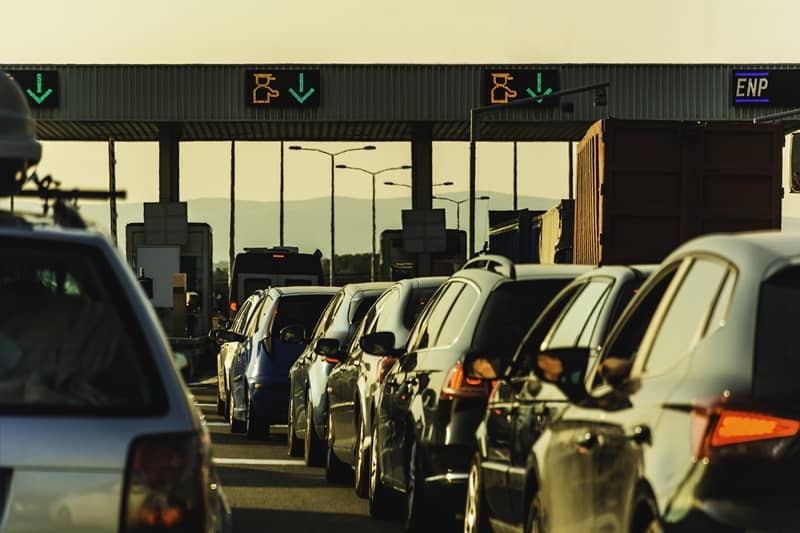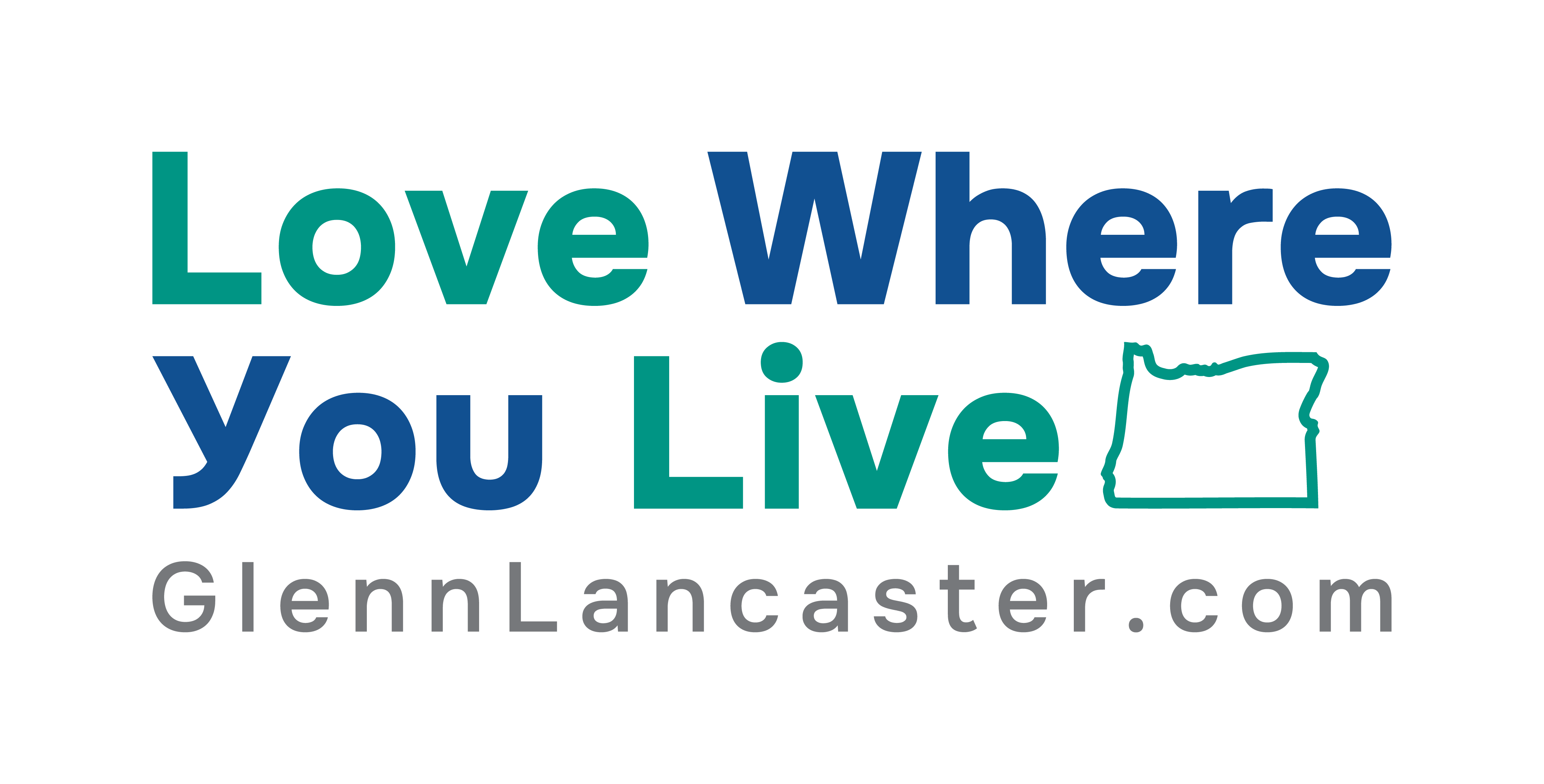
How Tolling Destroys Communities
The problem with tolling extends far beyond mere inconvenience. It doesn’t solve the problems it claims to fix, like traffic congestion and pollution. Instead, it creates a whole new set of challenges. The people of Clackamas County were right to reject Portland’s tolling proposal, but the fight isn’t over yet. Just because it’s on pause doesn’t mean we’ve won. To keep this harmful idea off the table for good, we need to understand how tolling destroys communities, cut through the misleading promises its proponents are pushing, and elect city leaders who will fight tolling.
More traffic, not less.
That’s what tolling would bring to Wilsonville. The government claims tolls would ease congestion, but if that were true, I’d be the first to support it, and so would the rest of Wilsonville. But we all know that’s not the reality. Slapping pay-to-pass barriers on our busiest highways would only worsen the traffic nightmare we’re already dealing with. Smaller cities located right next to the highway like Wilsonville would be hit hardest as drivers flood our local streets to dodge the tolls. Our roads are already packed with local traffic. Adding tourists, out-of-town commuters, and semis is unsustainable.
Worse pollution, not greener.
Another questionable claim tolling advocates make is that tolling would help reduce pollution. That flies in the face of reason. The inevitable increase in congestion is only going to lead to more idling and more pollution. Did you know that cars actually emit more greenhouse gases while sitting in stop-and-go traffic than when moving at a steady speed? Our leaders are claiming to protect the environment while increasing emissions. Similar to congestion, Wilsonville is at risk of suffering the brunt of the pollution. The unavoidable spillover traffic will flood our streets with “pollution”, something we’re already grappling with from local traffic.
Higher living costs, not lower.
In Wilsonville, we’re already grappling with high living costs as population growth and inflationary pressures drive up routine expenses. Instead of finding ways to help reduce this financial burden, our government wants to tax us on our daily commutes. They claim that tolling will only cost a little, but independent estimates suggest locals could pay up to $2,200 every year! In real-time, we’re seeing our leadership ignore the needs of the people to push an ideologically oriented policy.
More inequality, not equity.
It’s not just a catchy phrase to call tolls a regressive tax on the poor; it’s the truth. Studies repeatedly show that tolls hit low-income families the hardest, forcing them to spend a higher percentage of their income compared to wealthier households. It’s completely unfair for the government to push a tax that disproportionately impacts the most vulnerable among us. What’s even worse, car ownership is one of the most reliable ways for people to lift themselves out of poverty. By implementing tolls, the government is essentially penalizing those who need their vehicles the most, making it harder for them to get ahead. That’s simply not right!
Greater distrust, not better government.
There’s nothing inherently wrong with tolling…when it’s justified. Standard tolls are used to fund crucial infrastructure projects and have a defined deadline. The proposed tolling apparatus that would affect Wilsonville residents is different. Our highways are already bought and paid for with our hard-earned tax dollars, and ODOT has provided no expiration date for the tolls. This sleight of hand taxation leads to widespread distrust in the government which is foundational for a functioning and efficient community. It doesn’t help that our transportation czars are brazenly doubling down on their efforts following a forced pause after widespread pushback.
Together, we’re unified in our fight against tolling!
